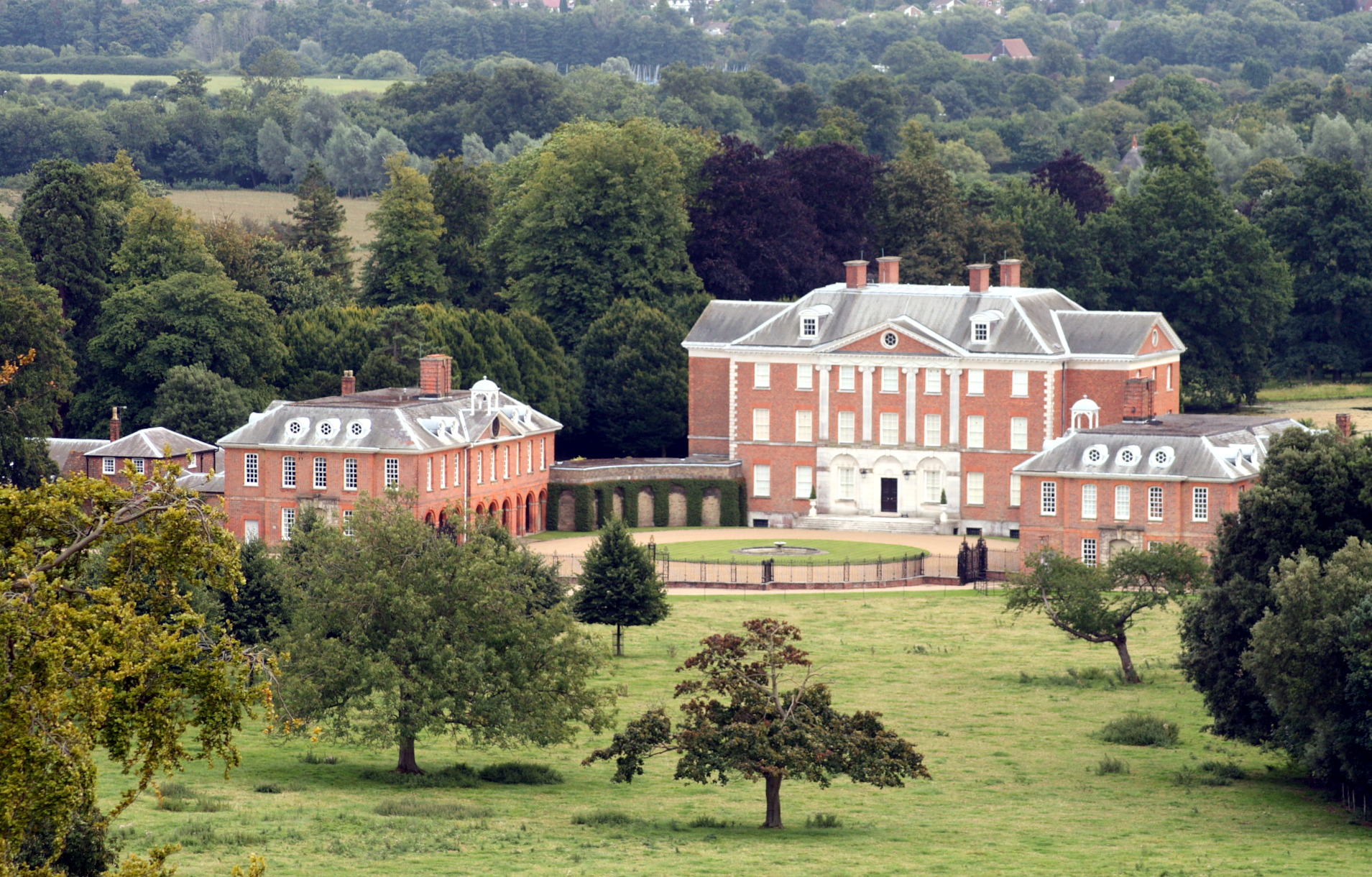|
James Stanhope (other)
James Stanhope may refer to: * James Stanhope, 1st Earl Stanhope (c. 1673–1721), British statesman and soldier * James Stanhope, 7th Earl Stanhope James Richard Stanhope, 7th Earl Stanhope (11 November 1880 – 15 August 1967), styled Viscount Mahon until 1905, was a British Conservative politician. Background Stanhope was the eldest son of Arthur Stanhope, 6th Earl Stanhope, and Evelyn H ... (1880–1967), British politician * James Hamilton Stanhope (1788–1825), British soldier and MP * James Stanhope (MP) (1821–1904), Member of Parliament for North Lincolnshire, 1852–1868 {{hndis, Stanhope, James ... [...More Info...] [...Related Items...] OR: [Wikipedia] [Google] [Baidu] |
James Stanhope, 1st Earl Stanhope
James Stanhope, 1st Earl Stanhope (1673 – 5 February 1721) was a British army officer and Whig politician who effectively served as Chief Minister between 1717 and 1721. He was also the last Chancellor of the Exchequer to sit in the House of Lords. Born in Paris as the son of a prominent diplomat, Stanhope pursued a military career. Although he also served in Flanders and Italy, he is best remembered for his service in Portugal and Spain during the War of the Spanish Succession. He was the first British Governor of Minorca, which he captured from the Spanish in 1708. In 1710 he commanded the British contingent of the Allied Army which occupied Madrid, having won a decisive victory at the Battle of Zaragoza. Having then evacuated the Spanish capital, Stanhope's rearguard on the retreat to Barcelona were overwhelmed and forced to surrender at Brihuega. Paroled, he returned to Britain and pursued a political career as a Whig. A supporter of the Hanoverian Succession he w ... [...More Info...] [...Related Items...] OR: [Wikipedia] [Google] [Baidu] |
James Stanhope, 7th Earl Stanhope
James Richard Stanhope, 7th Earl Stanhope (11 November 1880 – 15 August 1967), styled Viscount Mahon until 1905, was a British Conservative politician. Background Stanhope was the eldest son of Arthur Stanhope, 6th Earl Stanhope, and Evelyn Henrietta (née Pennefather), daughter of Richard Pennefather of Knockeevan, County Tipperary, and Lady Emily Butler, daughter of the 1st Earl of Glengall. The Hon. Edward Stanhope and Philip Stanhope, 1st Baron Weardale, were his uncles. Lord Mahon was commissioned a second lieutenant in the Grenadier Guards on 5 January 1901, and went with his battalion to serve in South Africa during the Second Boer War. Following the end of this war in June 1902, he returned with a large contingent of men from the guards regiments on board the SS ''Lake Michigan'', which arrived in Southampton in October 1902. Political career Stanhope entered the House of Lords on the death of his father in 1905, and made his maiden speech in November 1909. [...More Info...] [...Related Items...] OR: [Wikipedia] [Google] [Baidu] |
James Hamilton Stanhope
The Hon. Colonel James Hamilton Stanhope (1788–1825), was a British Army officer who fought in the Peninsular War and at the Battle of Waterloo. He was a Member of Parliament for Buckingham, 1817–1818, Fowey, 1818–1819, and Dartmouth, 1822–1825. Biography He was the third and youngest son of Charles Stanhope, 3rd Earl Stanhope and Louisa Grenville, niece of 2nd Earl Temple. He was the brother of the eccentric 4th Earl Stanhope and half brother to the more eccentric Lady Hester Stanhope. He was raised at the family seat Chevening with his five siblings. Stanhope was joined in the British Army at the age of 15, contrary to his father's wishes, but by the advice and influence of William Pitt the Younger; who was 3rd Earl's second cousin, by the marriage of his grandfather, the 1st Earl, to Lucy, sister of Robert Pitt of Boconnock (the Minister's grandfather). He entered the British Army as Ensign in the 1st Foot Guards, 26 December 1805; was promoted Lieutenant and Capta ... [...More Info...] [...Related Items...] OR: [Wikipedia] [Google] [Baidu] |
